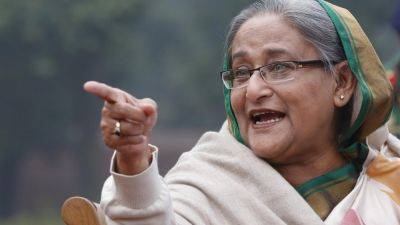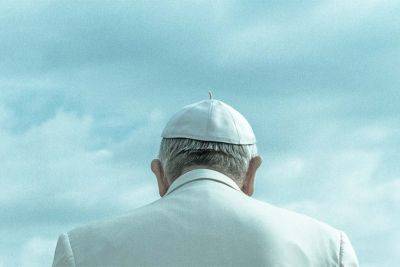The case for Sheikh Hasina’s extradition from India
Former Bangladeshi prime minister, Sheikh Hasina, fled to India in early August after a mass uprising forced her to step down. Her resignation followed weeks of unrest in which nearly 650 people were killed and many more injured.
Since then, at least 94 criminal cases have been lodged against Hasina and her cabinet members, followers and aides. The charges against them range from murder, torture, enforced disappearance and abduction, to crimes against humanity and genocide.
Courts do have the authority to hold a trial in Hasina’s absence. But this is unlikely to be fruitful as there will be questions regarding fairness, due process and the motive behind the trial. At the same time, implementing the court’s orders would be tough should Hasina not be present.
So, from the moment she escaped Bangladesh, there have been calls to extradite her to stand trial for the crimes that took place under her leadership. But it’s far from certain whether India would hand her over should Bangladesh seek her extradition.
Bangladesh can, in theory, request the return of Hasina from India. New Delhi and Dhaka signed an extradition treaty in 2013, which was subsequently amended in 2016 to simplify the process.
Both countries were eager for such a treaty. Two of the convicts involved in the 1975 assassination of Hasina’s father, Sheikh Mujibur Rahman, who was also the first president of Bangladesh, were at the time hiding in India. Hasina’s government wanted to extradite the men to Bangladesh for execution.
Some countries, like Canada, refuse to extradite fugitives if there is a possibility that they will be executed. However, as India also retains the death penalty, extradition was granted irrespective of whether the convicts would face







